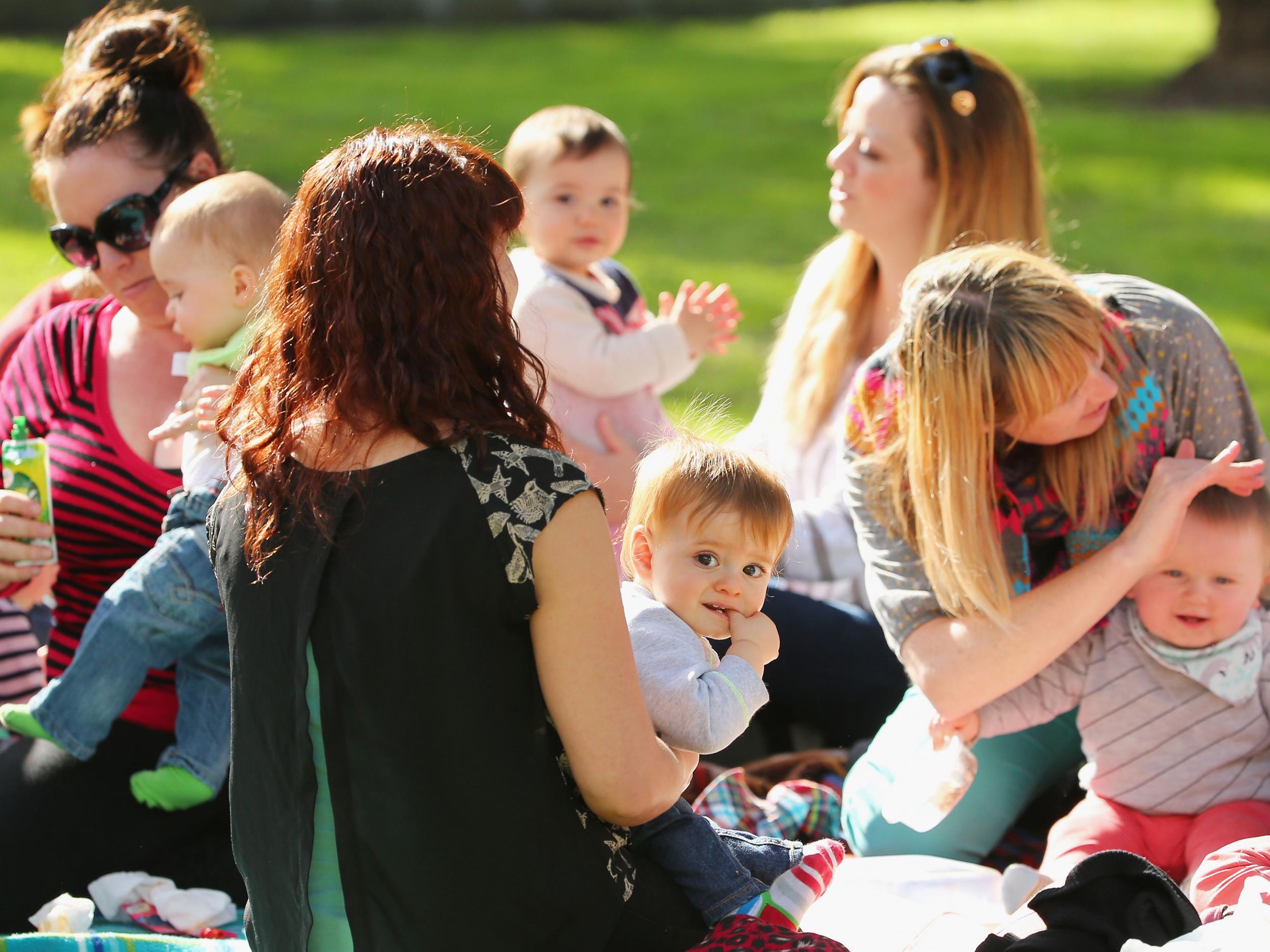Humans are still evolving new characteristics, scientists find
Higher BMI in men and earlier age at first birth in women are both favoured by natural selection, according to analysis of UK genetic and health data

A new study has found that people in the UK are still evolving.
Characteristics like higher BMI in men and earlier age for first childbirth in women are currently favoured by natural selection, according to analysis of data from the UK Biobank.
The research adds to a growing body of evidence that the human population is still undergoing natural selection for certain characteristics.
The UK Biobank is a database consisting of genetic and health information from half a million British people aged 45 and over.
The study, led by researchers at the University of California, Irvine, looked for evidence that some of the characteristics recorded by the Biobank were being naturally selected for.
“Here we demonstrate that the genetic variants associated with several traits, including age at first birth in females and BMI in males, are also associated with reproductive success,” wrote the scientists in their paper, published in the journal Proceedings of the National Academy of Sciences (PNAS).
“We see first-hand how and at what rates contemporary human populations are evolving.”
Even in developed countries, where the influence of pressures such as infant mortality is lessened, researchers have consistently found evidence evolution is still occurring.
For this new study, the researchers emphasise that natural selection is “relatively weak in comparison with estimates from other species”, but nevertheless it is widespread.
A recent paper in PLOS Biology, which also used data from the UK Biobank, also found evidence for evolution in modern humans.
"It's a subtle signal, but we find genetic evidence that natural selection is happening in modern human populations," said PLOS study co-author Dr Joseph Pickrell, an evolutionary geneticist at Columbia University.
Specifically, Dr Pickrell and his colleagues found evidence that a gene linked with Alzheimer’s disease has decreasing in frequency in the female population.
They also found a decrease in frequency of a gene associated with heavy smoking in men.
"It may be that men who don't carry these harmful mutations can have more children, or that men and women who live longer can help with their grandchildren, improving their chance of survival," said Dr Molly Przeworski, an evolutionary biologist at Columbia University and co-author of the PLOS paper.
However, scientists note the difficulty in unpicking how and why certain characteristics are selected for.
“The problem here is that the genetic variants that predispose an individual to have a higher BMI also seem to predispose an individual to have more children, that is true,” Dr Jaleal Sanjak, a co-author of the PNAS paper told The Guardian.
“But it could be the case that having more kids has an effect on your BMI.”
Dr Sanjak also noted that medicine and social change can “swamp the effect of natural selection”, and these are likely to impact humans more.
Join our commenting forum
Join thought-provoking conversations, follow other Independent readers and see their replies
Comments
Bookmark popover
Removed from bookmarks